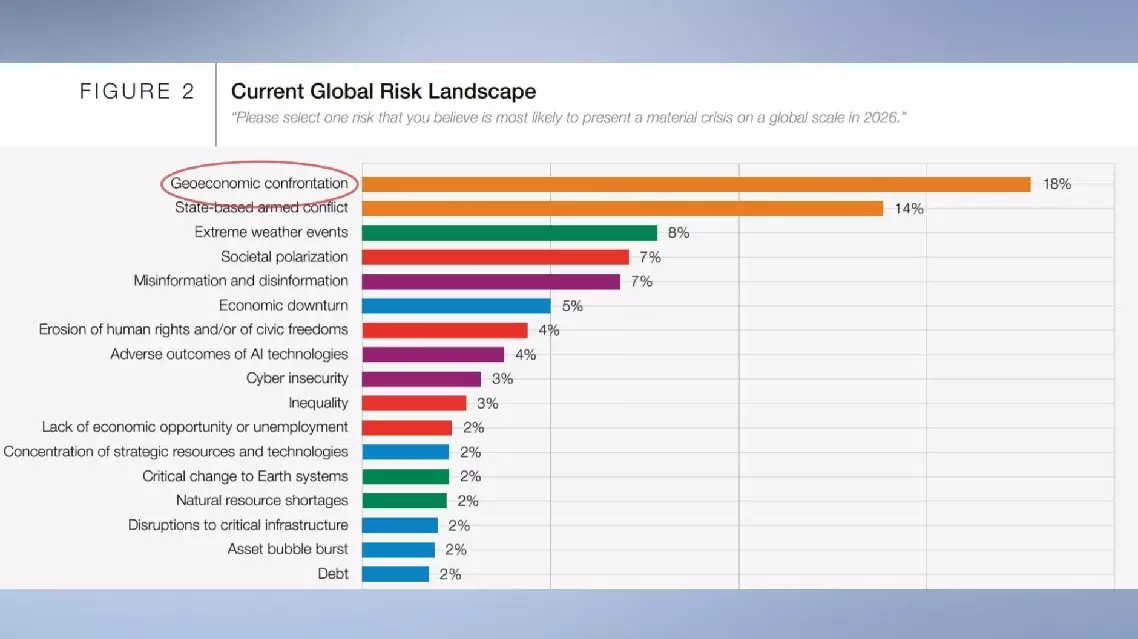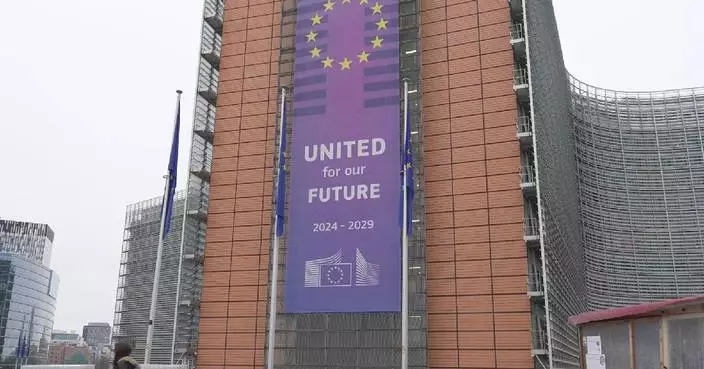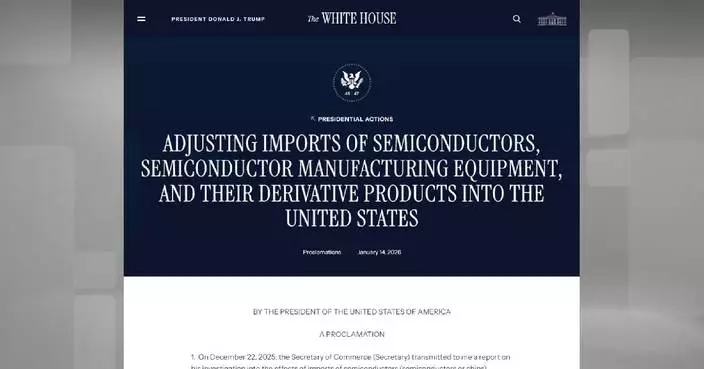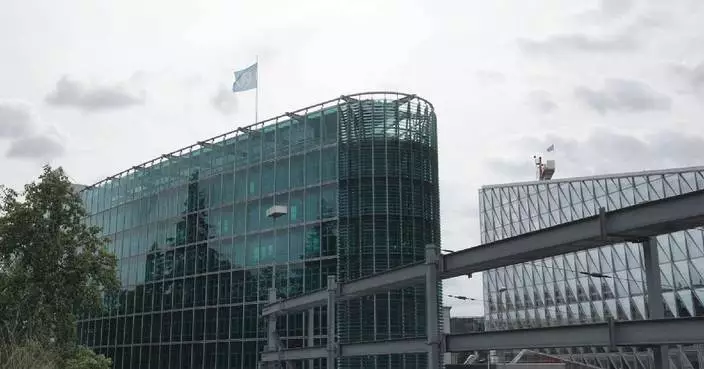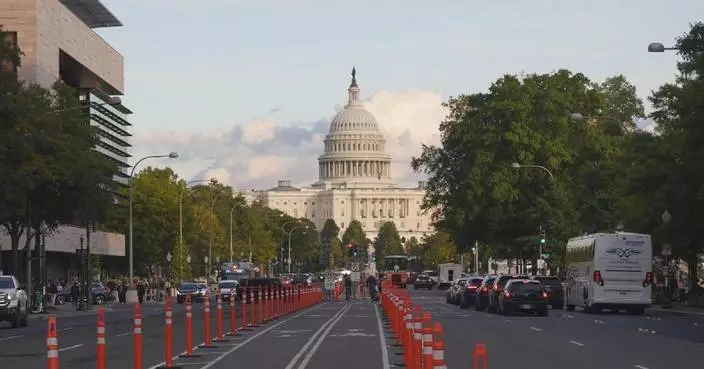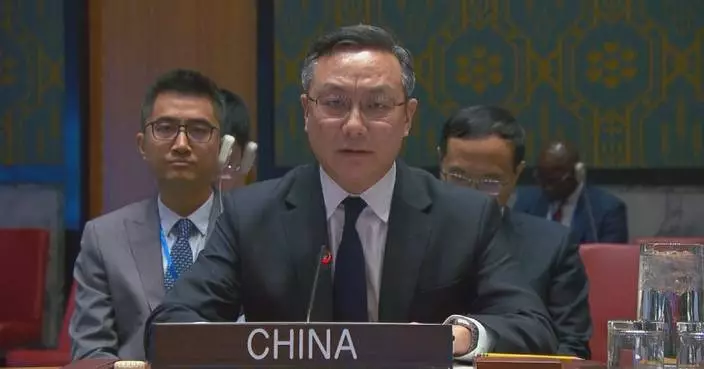ASEAN and China share a common commitment to their partnership, which features mutually beneficial economic cooperation, people-to-people exchanges, and deepening connectivity in various areas, ASEAN Secretary-General Kao Kim Hourn said in an interview with China Media Group (CMG).
China and ASEAN enjoy geographical proximity, cultural affinity, and a long-standing friendship. Since establishing dialogue relations in 1991, the two sides have continuously deepened political mutual trust and practical cooperation, reaping fruitful results in various fields, including economic and trade cooperation, infrastructure, sci-tech innovation, and people-to-people exchanges.
Chinese President Xi Jinping has described China-ASEAN relations as the most successful and dynamic model in regional Asia-Pacific cooperation.
Agreeing with President Xi, Kao said the two sides focus on trade, investment, tourism, and connectivity in their bilateral cooperation.
"We have been trading together quite heavily, cutting across all commodities in different areas in economic cooperation. Second, look at investment. Of course, investment -- China has been number two, consistently, over so many years. Again, investment is important for ASEAN, because they have great jobs for the people. And third, look at also the area of tourism cooperation -- this part of people-to-people cooperation. So we've seen a lot of Chinese tourists over so many years. And at the same time, look at connectivity -- in terms of air connectivity, in terms of real connectivity, portable connectivity, people-to-people connectivity. All of these, I think, will demonstrate where the commitment lies between us and China," Kao said.
China has been ASEAN's largest trading partner for 16 consecutive years, while ASEAN has been China's largest trading partner for the past five years.
Kao said he believes bilateral trade will continue to grow following the implementation of free trade agreements (FTAs) and the Regional Comprehensive Economic Partnership (RCEP).
"It's growing. The number is there. But I don't think this number will stay there. It will continue to grow. Today, ASEAN has more than 671 million people -- the third ranking after China and India. So, it's up there. It's growing. Second, of course, increasingly, we are taking advantage of a number of opportunities. Of course, proximity. At the same time, we have the bilateral FTA -- ASEAN-China FTA. That's important for trade, for business community -- that they take advantage of this opportunity. At the same time, we have the Regional Comprehensive Economic Partnership. And again, this is another level of opportunity to support trade. Ongoing trade between the two sides, I think, as a matter of fact, is about benefits -- mutual benefits on both sides," he said.
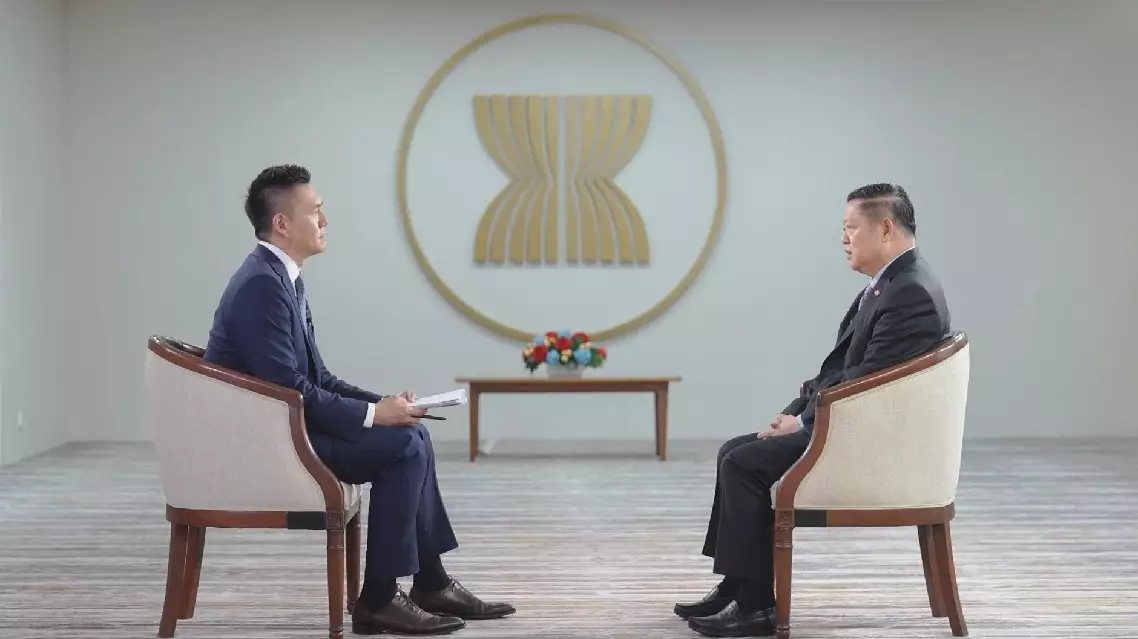
ASEAN, China share mutually beneficial partnership: secretary-general


